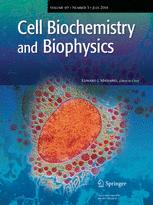 An article purporting to find that black children are at substantially increased risk for autism after early exposure to the measles-mumps-rubella vaccine has been shelved.
An article purporting to find that black children are at substantially increased risk for autism after early exposure to the measles-mumps-rubella vaccine has been shelved.
Although we don’t know if the events are related, the move comes amid claims that a CDC whistleblower has accused health officials of suppressing information about the link.
Not surprisingly, the prospect that the CDC has been sitting on evidence of an autism-vaccine connection for more than a decade has inflamed the community of activists wrongly convinced that such a link exists.
The paper, “Measles-mumps-rubella vaccination timing and autism among young african american boys: a reanalysis of CDC data,” was written by Brian Hooker, an engineer-turned-biologist and an active member of that community. It was submitted in April, accepted on August 5, and published on August 8.
Translational Neurodegeneration, which published the article earlier this month, has now removed it and posted the following notice: Continue reading Journal takes down autism-vaccine paper pending investigation
 Proof that people will plagiarize anything they think they can get away with: a Brazilian scientist plagiarized a masters’ student’s thesis on the surface temperature of chickens.
Proof that people will plagiarize anything they think they can get away with: a Brazilian scientist plagiarized a masters’ student’s thesis on the surface temperature of chickens.







